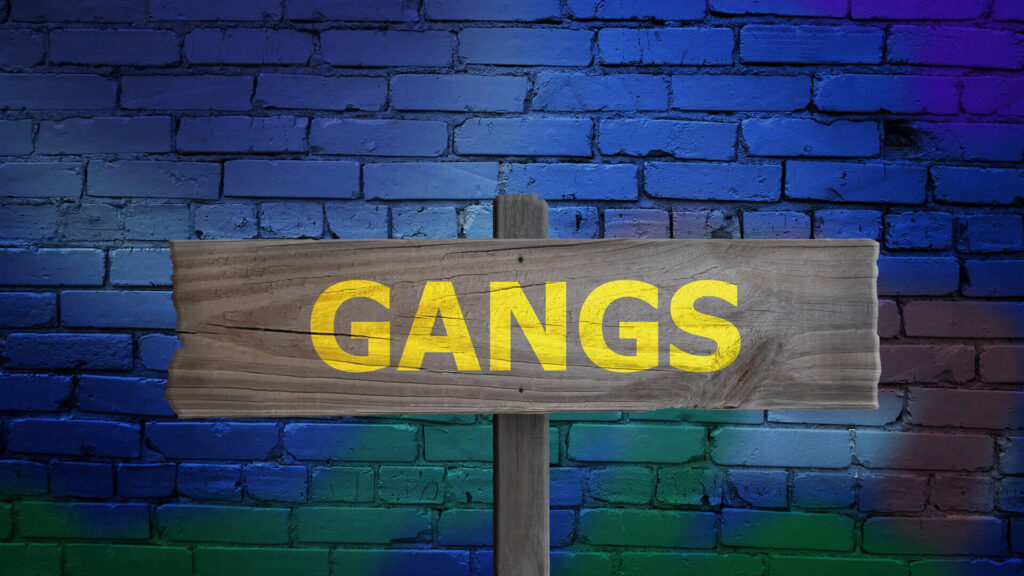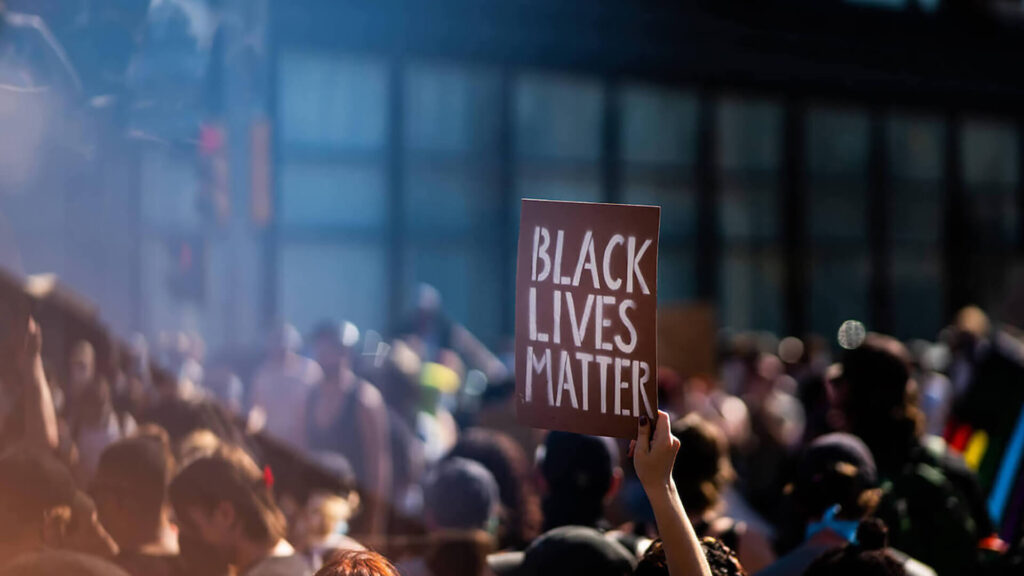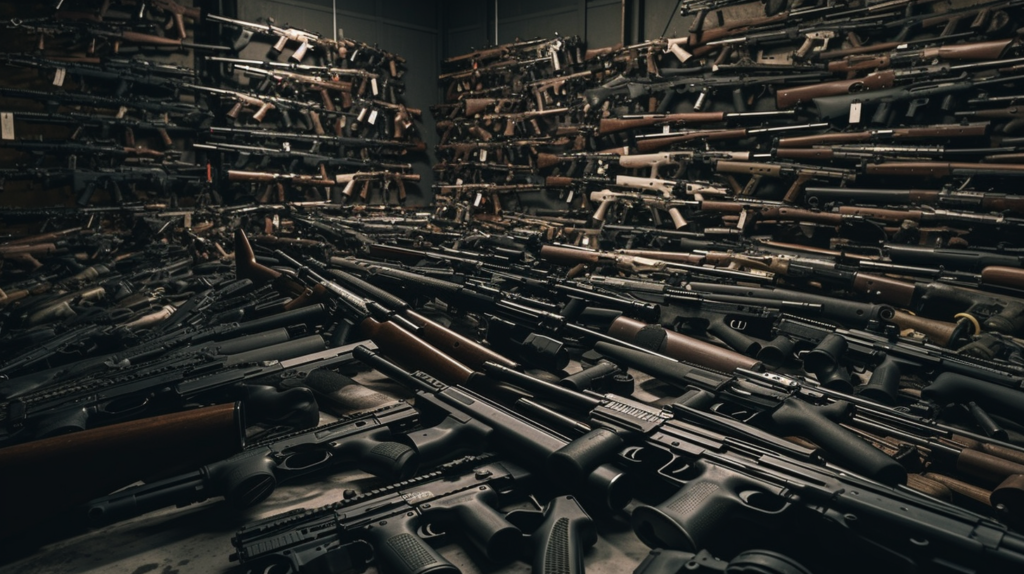Understanding the Scope of Urban Violence
Across the United States, there has been a concerning surge in violence. This troubling trend is particularly pronounced in urban areas where violence has manifested in bold and reckless ways. In the past week alone, there were hundreds of shootings, resulting in over 400 fatalities. While some communities witnessed a decrease in homicides, a significant increase of 30 percent compared to 2019 statistics was observed in larger urban areas. The intensity of this crisis peaked in July 2020 when shooting deaths hit an average of approximately 58 per day.
Racial Disparities in Gun Violence
Gun violence doesn’t impact all communities equally. The stark reality is that Black Americans are twice as likely as white Americans to die from gun violence and 14 times more likely to be wounded. The impact of these disturbing figures on the life expectancy of Black Americans is profound, shortening it by an estimated four years. Over a period of 73 years, a documented 4,084 Black people were victims of lynchings. In contrast, a staggering 93,262 Black individuals lost their lives to gun violence in just 14 years.
Furthermore, gun homicides, which includes mass shootings, ‘everyday’ violence, and police-involved shootings, disproportionately affect Black Americans. Black Americans are ten times more likely to die from gun violence than white Americans. The statistics for Black youth are even more harrowing. Black children and teens are fourteen times more likely to die from gun violence than their white counterparts.
Debunking Myths and Stereotypes
In the midst of these alarming statistics, it is essential to debunk the unfounded myth that Black people are inherently more violent than others. Such a belief is rooted in racism and ignorance. As Brady United, an organization devoted to ending gun violence, states, “Black people are not inherently more violent. Sadly, violence is a capacity that all humans share.”
Identifying Immediate and Core Causes
In the quest to understand why gun violence plagues urban America disproportionately, several factors have been suggested. Some argue it’s due to insufficient policing, while others point to the societal disruption caused by the COVID-19 pandemic. Access to firearms, broken families, and gang violence are other commonly cited causes.
However, these reasons may be only immediate triggers and not the fundamental causes. Delving deeper, we find that the roots of this violence are primarily spiritual (satanic attack), societal (systemic racism), and subconscious (suppressed subculture). The societal aspect, systemic racism, reinforces the disparity we observe in urban violence.
Addressing the Issue
In order to alleviate urban violence and its resulting misery, we need to address both immediate and core causes. Policymakers must work to enact effective gun control measures to reduce the prevalence of firearms in these areas. Investments in social services and mental health resources can help mend broken families and provide support for those affected by the trauma of violence.
At the same time, tackling systemic racism is crucial to resolving the root causes of urban violence. This involves challenging and changing discriminatory practices in education, housing, healthcare, and law enforcement. It also includes efforts to promote and amplify voices from within these communities to bring about positive change.
Conclusion
The crisis of urban violence is a complex issue, but with collective action, empathy, and systemic changes, it can be mitigated. It’s a challenge that calls for a whole-society response, in which every stakeholder, from individual citizens to public institutions, plays a part. With a comprehensive and concerted effort, we can create safer, healthier urban communities where all residents can thrive.



